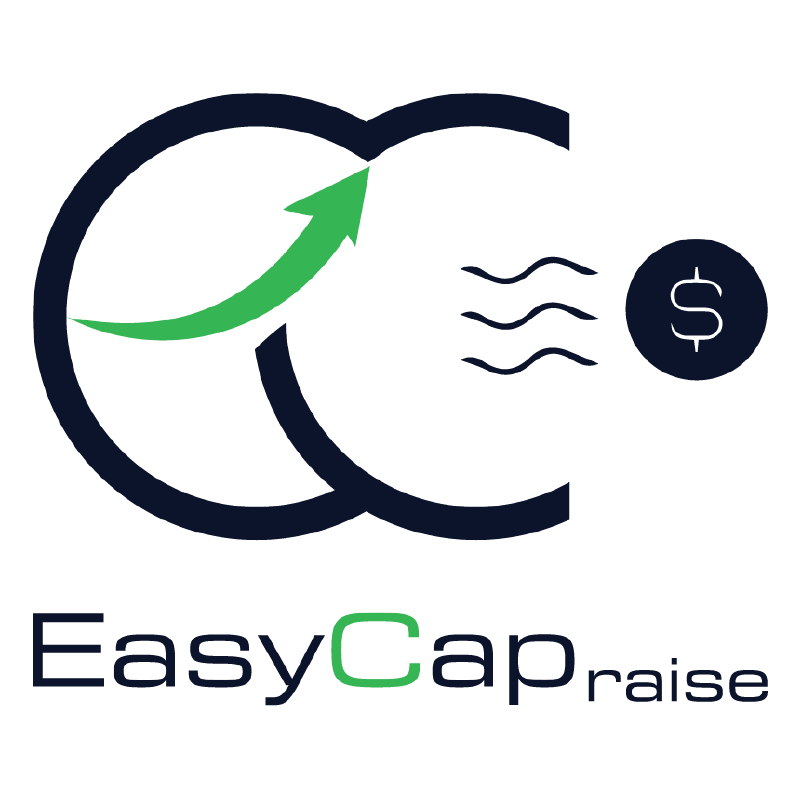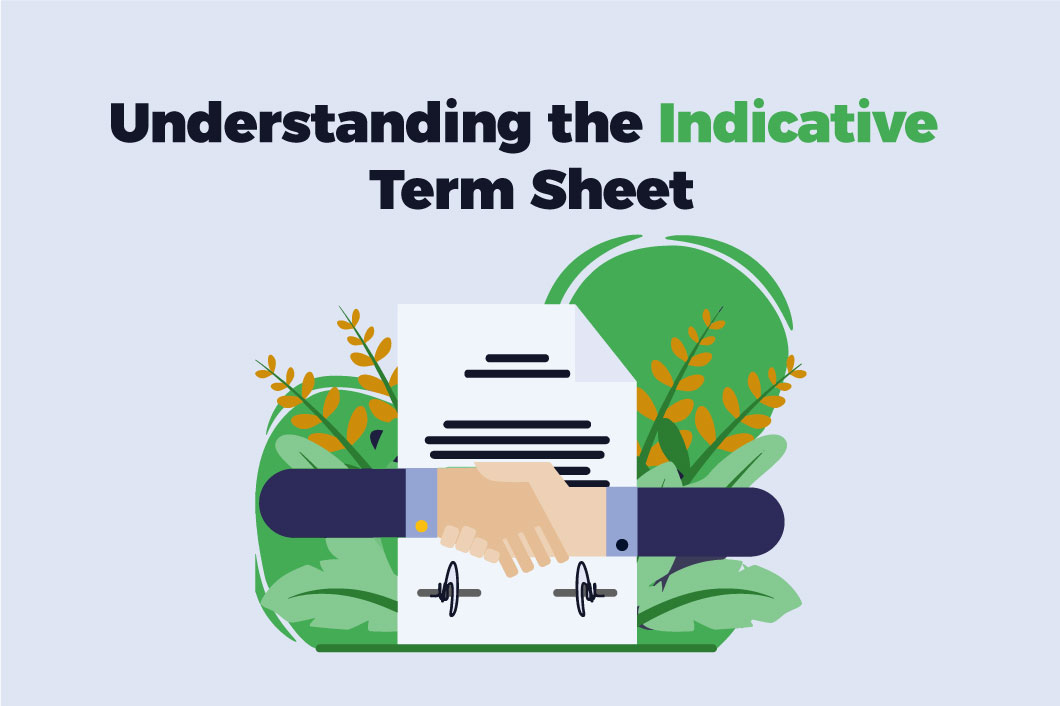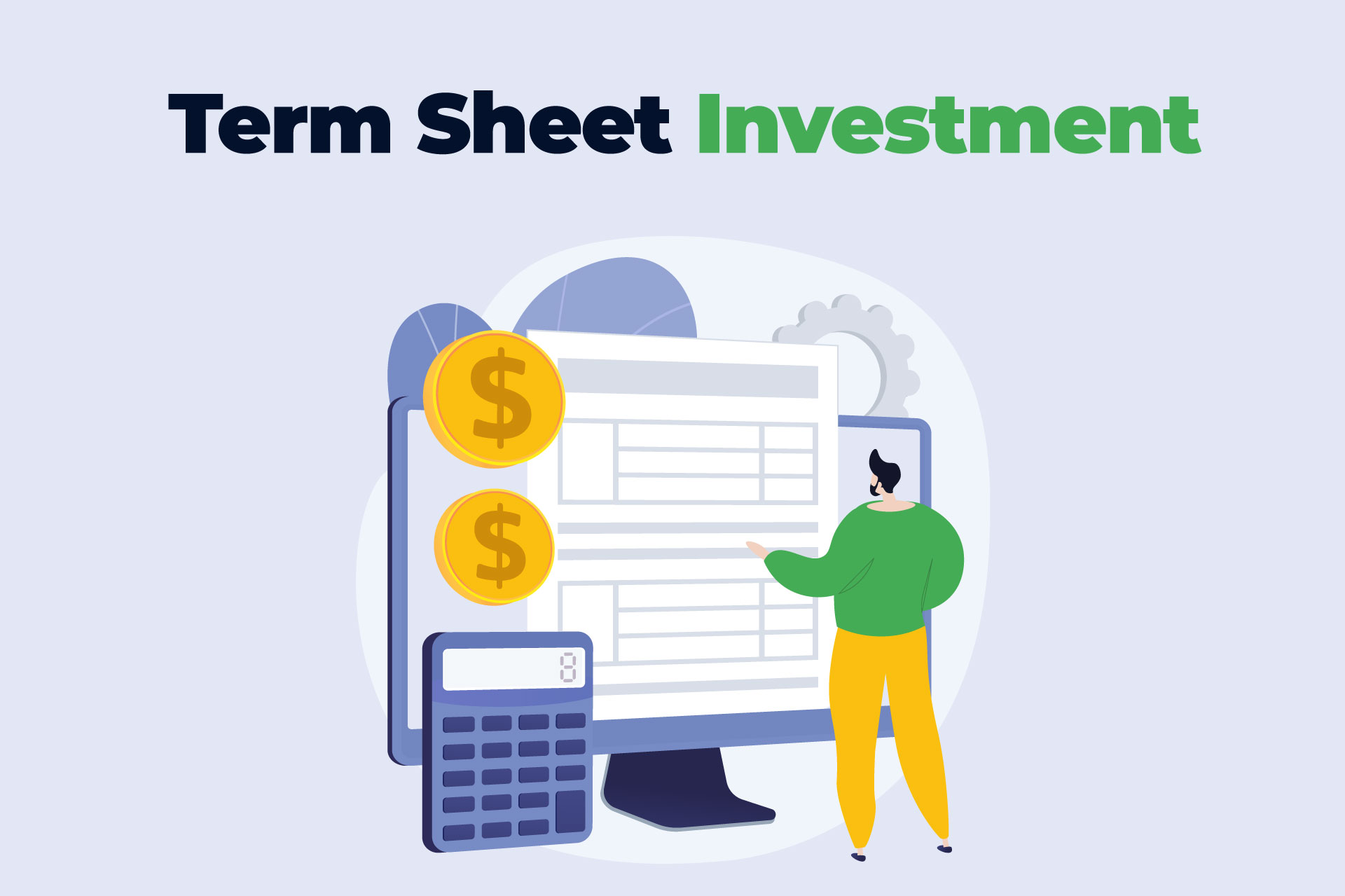Understanding the Indicative Term Sheet in 2023
An indicative term sheet is a preliminary document that outlines the proposed terms and conditions for a potential business transaction or investment. It serves as a roadmap for negotiations and provides an initial framework for parties to evaluate the feasibility of a deal. In this article, we will delve into the intricacies of an indicative term sheet, its key components, and why it is crucial to understand its implications.
Key Components of an Indicative Term Sheet
Overview of the Indicative Term Sheet
At its core, an indicative term sheet is a non-binding document that outlines the proposed terms and conditions for a business transaction. It serves as a starting point for negotiations and allows parties to assess the viability of moving forward.
Purpose of the Indicative Term Sheet
The purpose of an indicative term sheet is to establish the main parameters of a potential deal, including financial and non-financial terms, and to provide a foundation for further due diligence and negotiation.
Parties Involved in the Indicative Term Sheet
An indicative term sheet typically involves two or more parties, such as a buyer and a seller, an investor and a startup, or a lender and a borrower. Each party’s rights, obligations, and expectations are outlined in the term sheet.
Financial Terms and Conditions
This section of the term sheet covers the financial aspects of the transaction. It includes elements such as valuation, purchase price, payment terms, financing options, and any performance metrics or milestones tied to the deal.
Non-Financial Terms and Conditions
Non-financial terms and conditions in the term sheet encompass a wide range of aspects beyond money. They may cover matters such as governance, management structure, intellectual property, confidentiality, exclusivity, non-compete agreements, and dispute resolution mechanisms.
Importance of Understanding an Indicative Term Sheet
Mitigating Risks and Avoiding Misunderstandings
Understanding an indicative term sheet is crucial for all parties involved in a potential deal. It helps mitigate risks by ensuring that there is clarity and alignment regarding the terms and conditions. This understanding reduces the chances of misunderstandings and potential disputes down the line.
Facilitating Negotiations and Due Diligence
By having a clear understanding of the indicative term sheet, parties can engage in meaningful negotiations and due diligence. This allows them to evaluate the feasibility and merits of the deal, identify potential risks, and make informed decisions before committing further resources.
Aligning Expectations Between Parties
An indicative term sheet serves as a tool for aligning expectations between parties. It helps set realistic expectations regarding the deal structure, financial aspects, timelines, and responsibilities. This alignment is essential for a successful transaction and long-term partnership.
Common Elements Found in an Indicative Term Sheet
Valuation and Purchase Price
The indicative term sheet includes details about the valuation of the target company or assets and the proposed purchase price. This section outlines the agreed-upon method for valuation and any conditions or adjustments that may affect the final price.
Capital Structure and Investment Amount
The capital structure section of the term sheet outlines the proposed investment amount, the percentage of ownership or equity stake to be acquired, and any specific rights or preferences attached to the investment.
Exit Strategy and Return on Investment
This section covers the exit strategy for investors, such as potential exit options (e.g., IPO, acquisition), timing, and return expectations. It provides clarity on how investors can potentially realize their investment and generate a return.
Governance and Management Structure
The indicative term sheet often includes provisions related to the governance and management structure of the target company. This may cover matters such as board composition, decision-making processes, and the roles and responsibilities of key stakeholders.
Intellectual Property and Licenses
Intellectual property rights and licenses are essential considerations in many transactions. The term sheet may outline the ownership, transfer, or licensing of intellectual property assets, ensuring that the necessary rights and protections are in place.
Confidentiality and Non-Disclosure Agreements
Confidentiality and non-disclosure agreements are crucial to protect sensitive information during the negotiation phase. The term sheet may include provisions that govern the use, disclosure, and protection of confidential information exchanged between the parties.
Tips for Analyzing an Indicative Term Sheet
Engage Legal and Financial Experts
Seeking advice from legal and financial experts is highly recommended when analyzing an indicative term sheet. These professionals can provide valuable insights, help identify potential pitfalls, and negotiate favorable terms on your behalf.
Evaluate Deal Terms and Conditions
Carefully review and evaluate all deal terms and conditions mentioned in the indicative term sheet. Pay attention to pricing, payment terms, representations and warranties, termination clauses, and any other provisions that may impact the outcome of the transaction.
Assess Risks and Rewards
Thoroughly assess the risks and rewards associated with the proposed deal. Consider factors such as market conditions, competition, regulatory environment, and the financial health of the target company. Balancing risks and rewards is essential for making informed investment or business decisions.
Negotiate Favorable Amendments
If certain terms or conditions in the indicative term sheet do not align with your objectives or introduce unnecessary risks, it is important to negotiate favorable amendments. Open and transparent communication with the other party can help achieve a mutually beneficial outcome.
Focus on the Big Picture
While the indicative term sheet provides a framework for the deal, it is crucial to focus on the big picture. Consider how the proposed terms fit into your long-term goals and objectives. Don’t get caught up in minor details that may not significantly impact the overall success of the transaction.
Ready to Take Your Capital Raising Efforts to the Next Level?
Contact Easy Capraise Today and Let Us Help You Find the Perfect Investors for Your Business! Don’t Miss Out on Opportunities – Understand the Indicative Term Sheet and Secure Your Future Success.
Get in Touch Now and Start Building Strong Relationships with Investors. Remember, the First Step Towards Success Begins with Easy Capraise!
FAQs
What is the meaning of the term indicative term sheet?
An indicative term sheet is a document that outlines the proposed terms and conditions of a potential business transaction or investment. It provides an overview of the key elements and serves as a starting point for negotiations.
How would you define an indicative term sheet?
An indicative term sheet is a non-binding document that outlines the terms and conditions of a potential deal. It provides a framework for discussions and helps parties evaluate the feasibility of moving forward with the transaction.
What is a non-binding indicative term sheet?
A non-binding indicative term sheet is a document that outlines the proposed terms and conditions of a potential deal without creating a legally enforceable agreement. It serves as a guide for negotiations and allows parties to explore the terms without commitment.
What does an indicative term sheet mean in a business transaction?
In a business transaction, an indicative term sheet outlines the main terms and conditions proposed by the parties involved. It helps establish clarity, aligns expectations, and serves as a basis for further discussions and due diligence.
What are indicative term sheets used for?
Indicative term sheets are used to provide a preliminary framework for potential business transactions or investments. They help parties evaluate the feasibility of a deal, align expectations, and facilitate further negotiations and due diligence.
How would you define an indicative term sheet in the context of investments?
In the context of investments, an indicative term sheet is a document that outlines the proposed terms and conditions for an investment opportunity. It covers aspects such as valuation, investment amount, governance, and exit strategy, providing a foundation for further discussions and analysis.
Can you explain the meaning of an indicative term sheet for startups seeking funding?
For startups seeking funding, an indicative term sheet defines the proposed terms and conditions of an investment. It includes elements such as the investment amount, equity stake, valuation, and any specific rights or preferences associated with the investment. The term sheet serves as a starting point for negotiations and due diligence processes.
Conclusion
Understanding the implications and intricacies of an indicative term sheet is vital for all parties involved in a potential business transaction. It helps establish clarity, align expectations, and mitigate risks. By analyzing the key components, evaluating the terms, and seeking expert advice, stakeholders can make informed decisions and negotiate deals that are mutually beneficial.
Related Articles
Contact us
Good to have you here! If you have any queries, please leave your message. Our team will reach out soon:)
.






